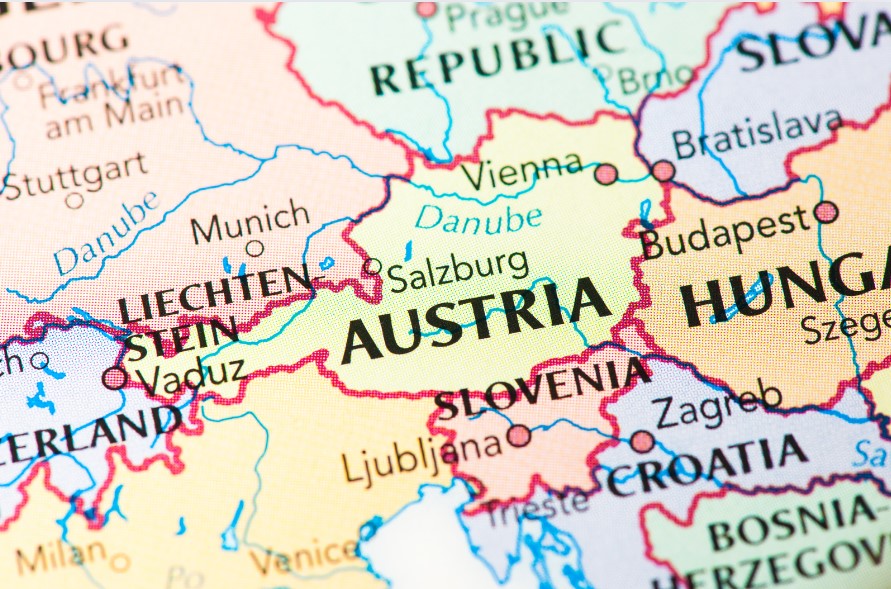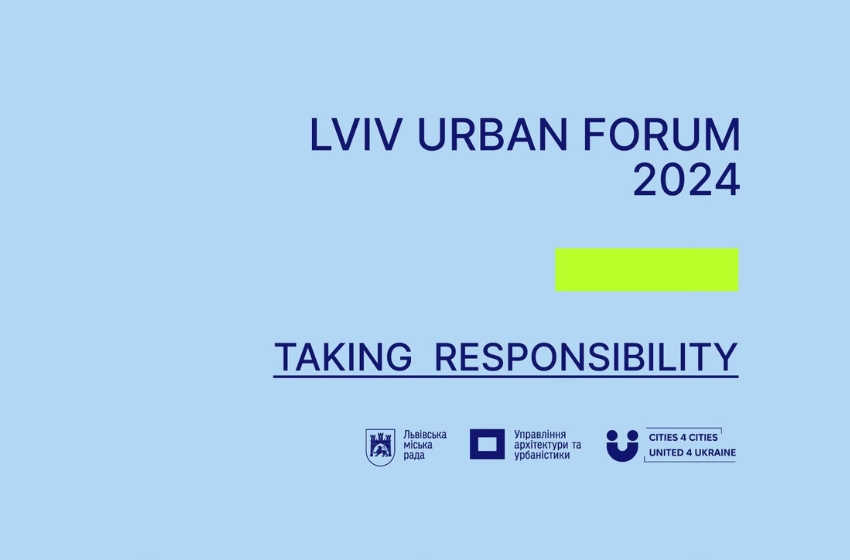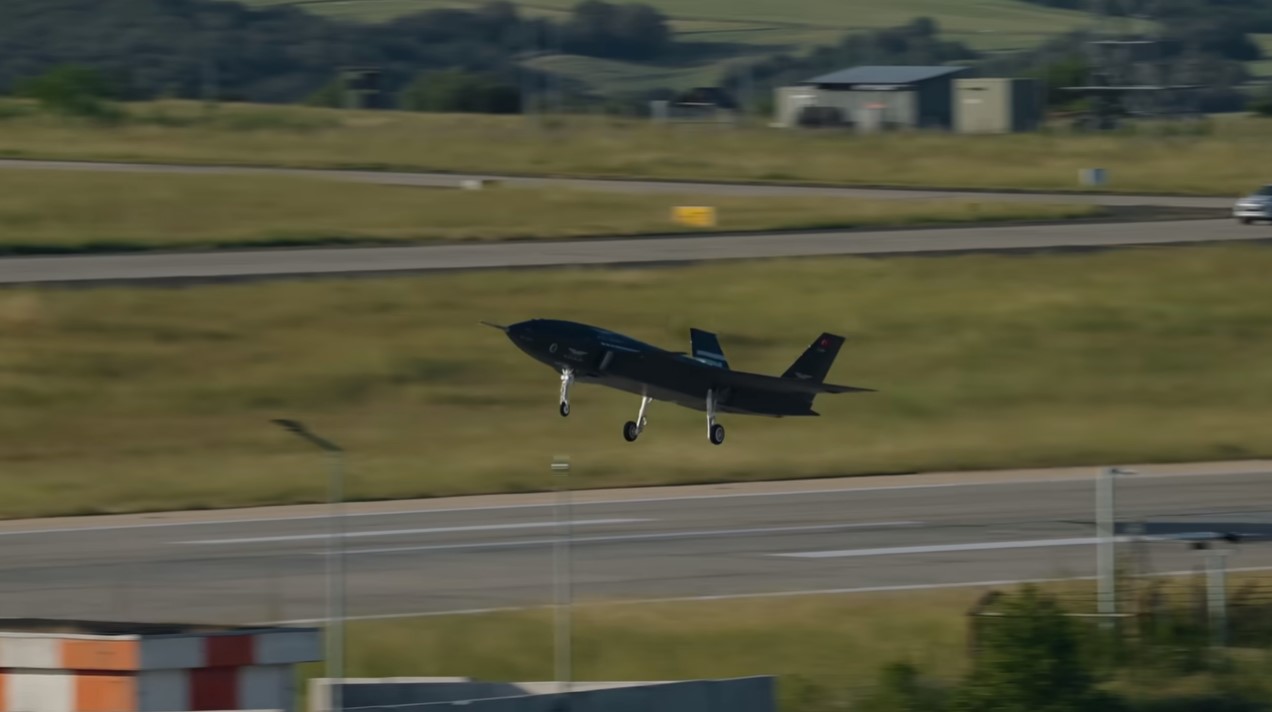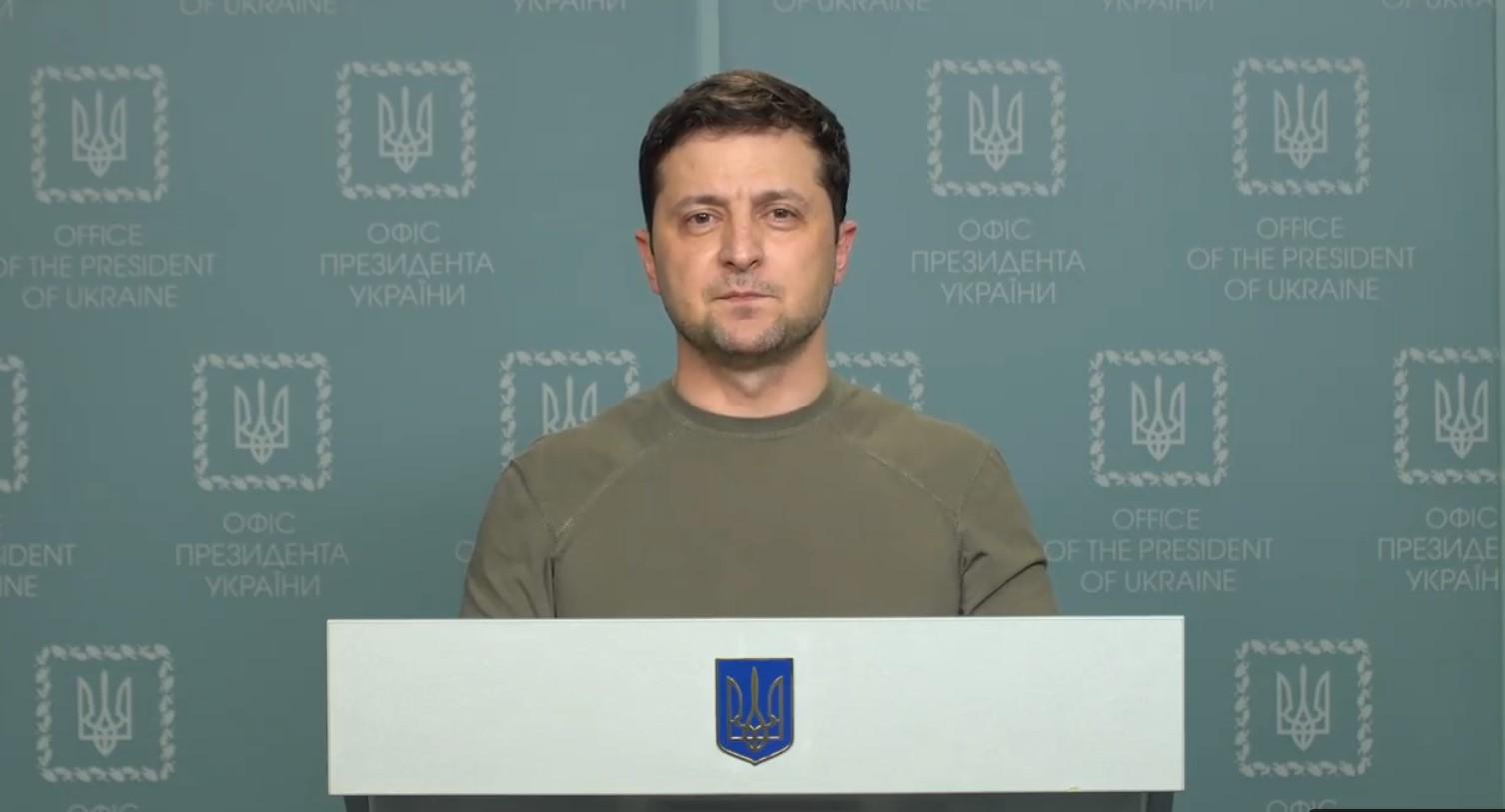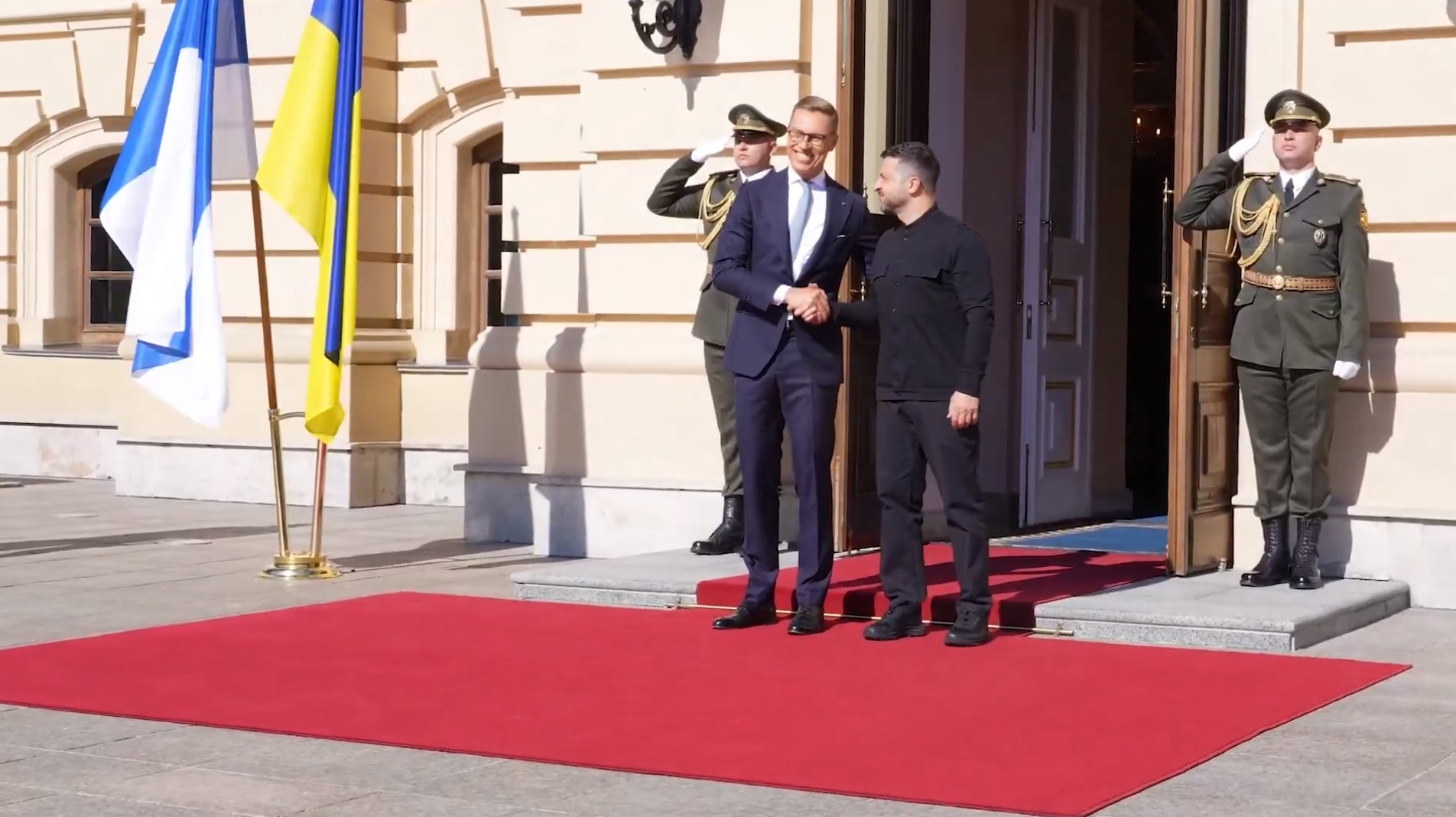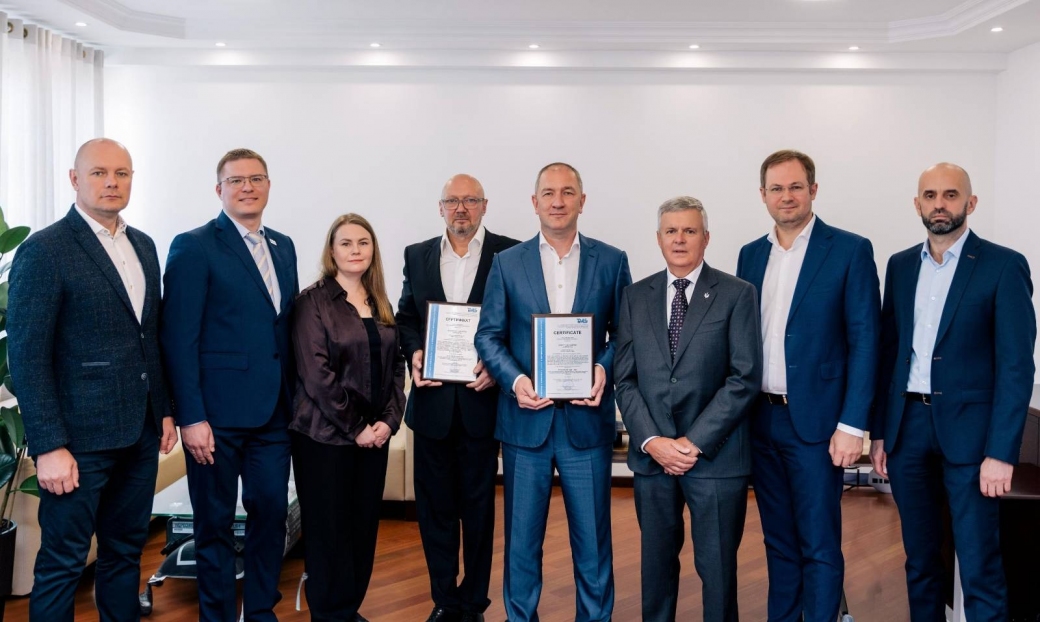The federal government of Austria has earmarked €70 million to finance the construction of the 40-kilometer gas pipeline "WAG Loop." This initiative aims to decrease the country's reliance on Russian gas and secure access to gas sources from Northwestern Europe. Minister of Finance of Austria, Magnus Brunner, announced this.
"The federal government is doing everything possible to ensure gas supply. The expansion of the West-Austria-Gasleitung by 40 kilometers is a key element in this effort. This includes the 'WAG Loop' project – a parallel transport line that will increase transport capacities from Germany," stated Brunner.
According to him, the government's investment in expanding the West-Austria-Gasleitung (WAG) will significantly increase the capacity for transporting non-Russian natural gas to Austria and potentially allow for future use of the pipeline for hydrogen transport.
The decision to finance the WAG Loop project was unanimously approved by the Financial Committee of the National Council of Austria on Thursday, June 27. Following this decision, the Ministry of Finance of Austria will conclude the necessary agreement with Gas Connect Austria (GCA) as the builder of the gas pipeline.
Austria's Minister of Energy, Leonore Gewessler, emphasized that the WAG Loop pipeline will contribute significantly to supply security and expressed hope for its swift implementation. According to Gewessler, Austrian transport capacities for non-Russian natural gas already exceed the country's total annual consumption. "WAG-Loop will further strengthen the supply network. I expect that the next steps towards its implementation will be taken quickly," she stated.
The WAG Loop project entails the construction of a parallel gas pipeline spanning 40 kilometers along the West-Austria-Gasleitung route between Oberkappel and Bad Leonfelden in Upper Austria. This investment aims to increase gas throughput by 30% from west to east via the WAG pipeline, originally designed for transporting Russian gas from east to west. The project's completion is estimated to take approximately 3.5 years, including one year dedicated to construction.
In 2018, the partially state-owned Austrian company OMV extended its gas supply contract with Russia's Gazprom until 2040.
At the time of Russia's full-scale invasion, Austria sourced 79% of its natural gas from Russia. Despite some reduction in deliveries, in December 2023, Austria imported 98% of its natural gas from Russia, transported through Slovakia and the Ukrainian gas transmission system.









